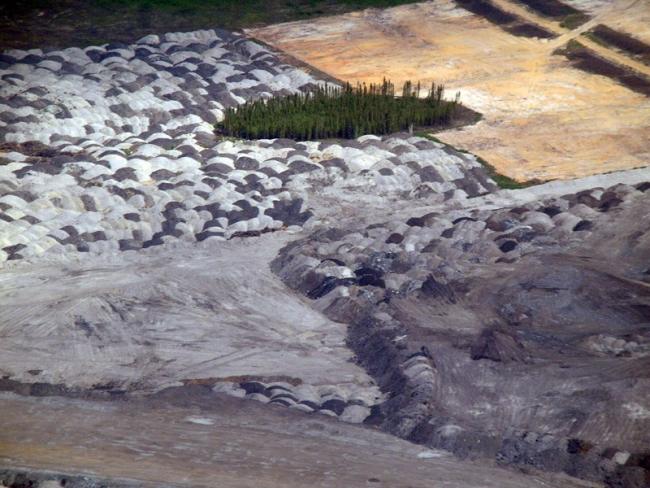Articles Menu

“For traditional conservationists, it was a little like finding out that Amnesty International had opened its own prison wing in Guantanamo.” That’s how Naomi Klein described the Nature Conservancy’s decision to allow oil drilling on land it was conserving to protect an endangered bird in 1999.
My, how things have changed!
Since then, Amnesty International-branded prisons — or at least their environmental equivalent — have become de rigeur among well-funded NGOs. That trend reached a kind of turning point last week, when the Financial Post revealed that four prominent Canadian Environmental groups sat in secret negotiations with oil companies for months, and — according to the report — agreed to stop campaigning against certain tar sands pipelines in exchange for the tepid climate measures Alberta’s NDP government announced at the end of November. The problem: the NDP’s measures allow for a 40% increase in tar sands extraction, and flout the consensus among climate scientists about what is needed to prevent “game over for the climate”.
In the interceding years, Canada has seen two major agreements between corporations and environmentalists.
The Great Bear Rainforest Agreement started as a huge battle between environmentalists and First Nations on one side and logging companies on the other. The agreement itself happened when funders turned off the tap and the major environmental groups joined secret negotiations with logging companies. The result was a major capitulation to logging companies presented to the public as a victory. Because major green groups switched sides, the odds that resistance to continued logging could be effective went from improbable to impossible. Facing off against Weyerhaeuser is one thing; facing off against Weyerhaeuser and Greenpeace, Sierra Club and ForestEthics is quite another.
In 2009, Macdonald Stainsby and I wrote a report about the GBR deal calledOffsetting Resistance, in which we warned: “the plan for the tar sands campaign is emerging along the same lines as the ‘Great Bear Rainforest’ deal, and include many of the same players and tactics.”
Perhaps to their credit, environmentalists have not spent a lot of time feuding publicly about these differences when it comes to the GBR.
But in 2010, major political and strategic divergences were highlighted when a number of Canadian groups signed the Canadian Boreal Forest Agreement, which notably excluded First Nations. This time, a lot more people raised a fuss.